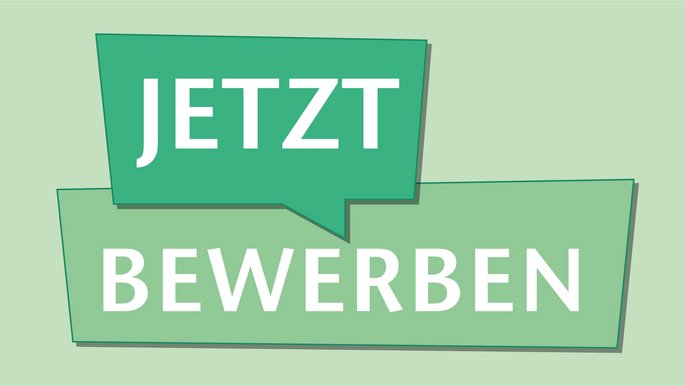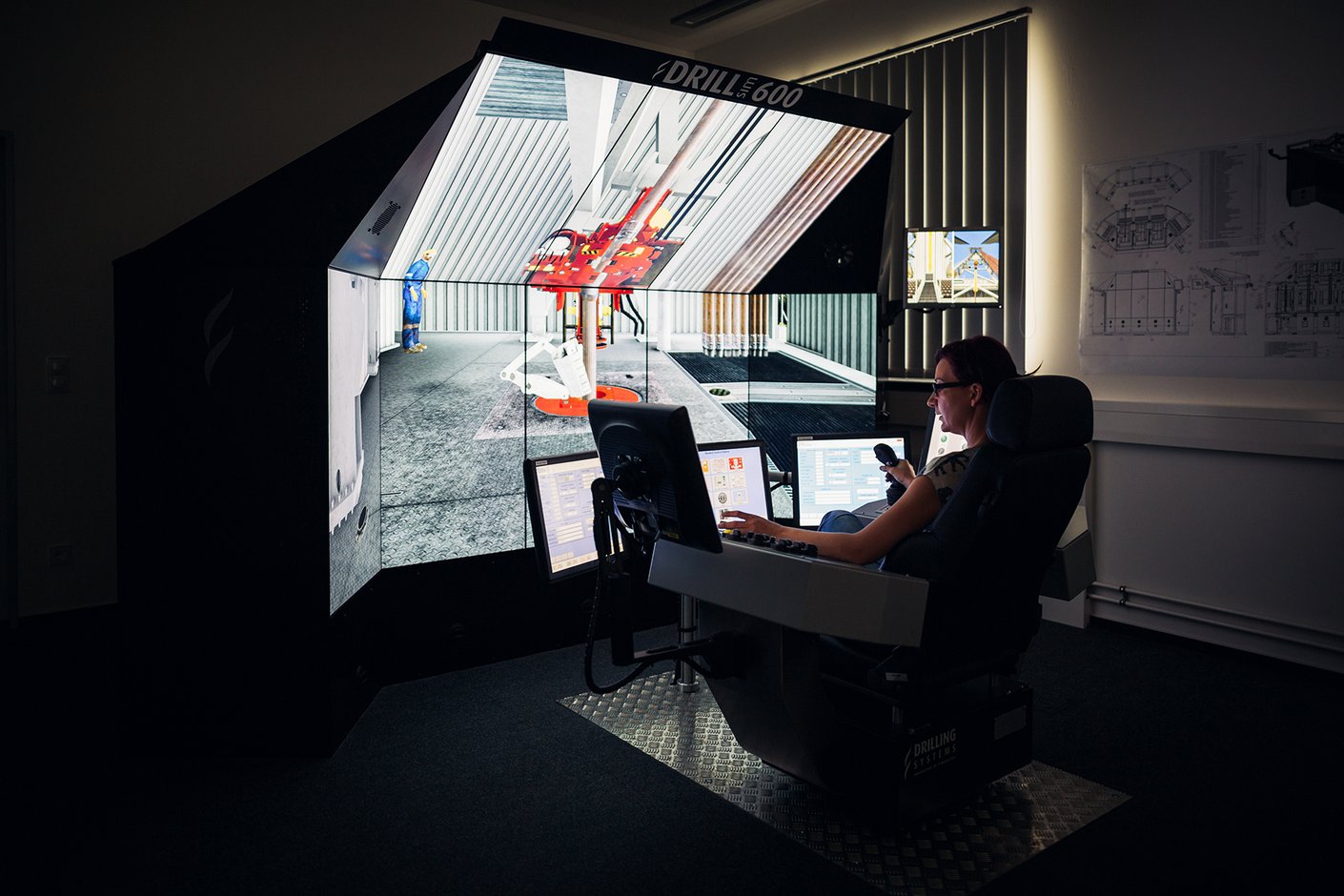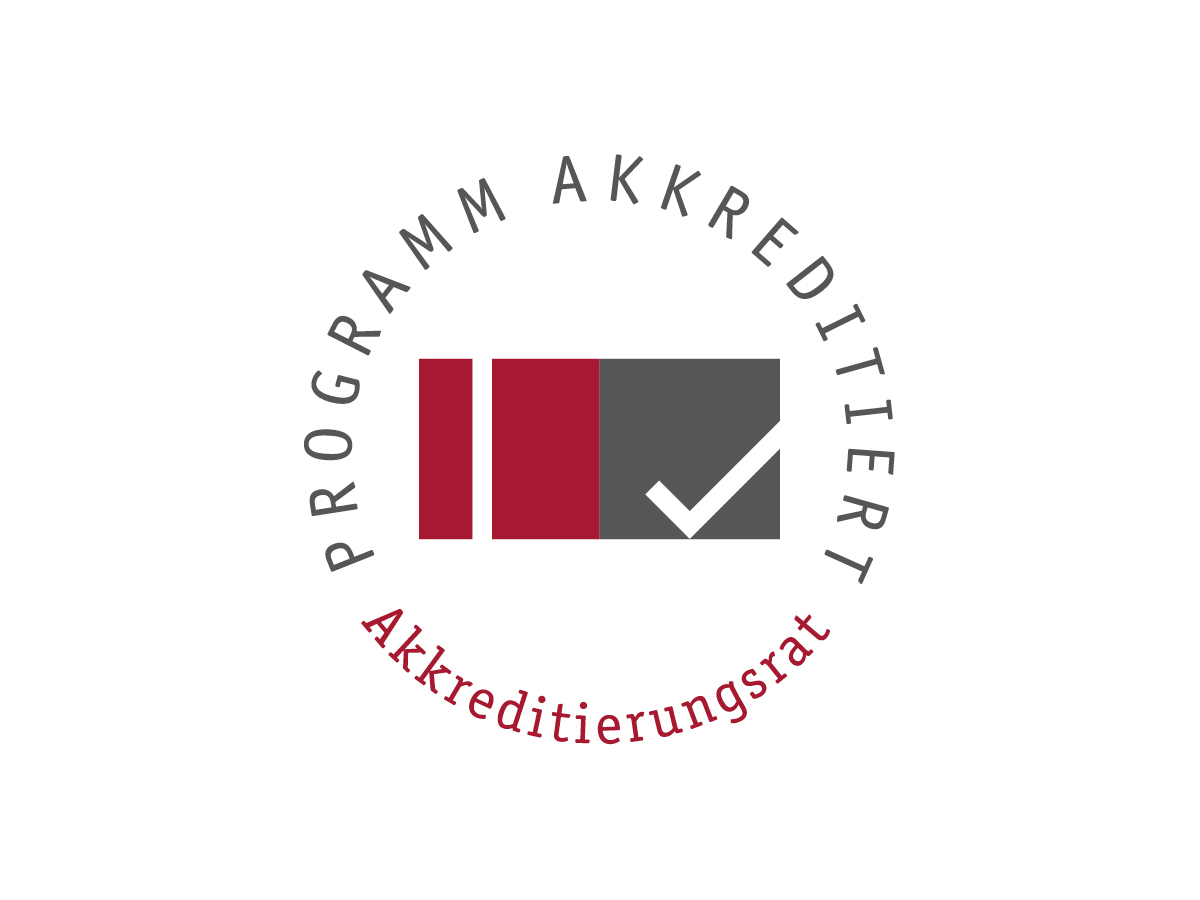Even in times of climate protection and energy transition, the fossil fuels oil and natural gas remain a mainstay of our society. Through the further development of traditional petroleum engineering techniques and new areas of application such as the storage of energy from renewable sources and the use of deep geothermal energy, modern petroleum and natural gas engineers are making it possible to place the energy supply of the future on a more environmentally friendly basis. The consecutive Master's degree course in Petroleum Engineering provides specific training in the fields of drilling and production technology, reservoir technology, energy storage and distribution and deep geothermal energy.
Job profile and labor market
The demand for well-trained engineers in the field of oil and gas technology and deep geothermal energy remains high. The practice-oriented course qualifies graduates to take on independent activities as well as planning and management tasks in the global petroleum industry and its environment. This includes the description and evaluation of crude oil and natural gas deposits, development and economic production, processing of crude oil and natural gas as well as storage and transportation of saleable products. The storage of energy and the use of the geoground for geothermal projects and CO2 storage add further areas of application.
Potential employers for graduates of the course include
- Companies in the oil/natural gas industry
- Companies in the energy supply and storage industry
- Companies in the supporting service industry
- Authorities and associations
- Research institutes and universities
- Engineering firms
- Management consultancies
What makes the degree program in Clausthal special
The Master's degree in Petroleum Engineering at Clausthal University of Technology deepens specialist knowledge and also teaches interdisciplinary skills. The MSc degree qualifies students to continue their professional training with a doctorate (PhD). The course takes place at the Institute of Petroleum and Natural Gas Technology, which has outstanding facilities and qualified research and teaching staff and is one of the few of its kind in the German-speaking world. The content of the course is geared towards the needs identified by the industry. This training is practically oriented and is supported by external lecturers from industry. The language of instruction on this internationally oriented course is English.
Structure of the study program
The Master's program is designed for 4 semesters or 2 years and comprises 15 modules. It is held in English. Examinations are taken during the course. The modular structure includes in-depth studies in petroleum engineering, management, economics and law. Specialist and management skills are consolidated through a voluntary semester abroad at a partner university or practical project work in an oil/natural gas company as well as an interdisciplinary group project. The program concludes with a Master's thesis. There are 3 specializations to choose from:
- Reservoir Management
- Drilling and Production
- Deep Geothermal Systems
Field of study Reservoir Management
- Communication
- Management, Economics and Law
- Advanced Reservoir Mechanics
- Advanced Production and Well Planning
- Data Acquisition and Evaluation
- Reservoir Modeling and Simulation
- Enhanced Hydrocarbon Recovery
- Seminar "Advanced Reservoir Topics"
- Group Project
- Master Thesis
Drilling and Production
- Communication
- Management, Economics and Law
- Advanced Reservoir Mechanics
- Advanced Production and Well Planning
- Advanced Drilling and Completion
- Directional Drilling and Logging
- Production
- Seminar "Advanced Drilling and ProductionTopics"
- Group Project
- Master Thesis
Field of study Deep Geothermal Systems
- Communication
- Management, Economics and Law
- Advanced Reservoir Mechanics
- Advanced Production and Well Planning
- Data Acquisition and Evaluation
- Advanced Drilling and Completion
- Geothermal Systems
- Seminar "Advanced Geothermal Engineering Topics"
- Group Project
- Master Thesis

Drilling/Production
Erik Feldmann, M.Sc.
Phone: +49 5323 72-3912
Fax: +49 5323 72-3146
E-mail: ma.drilling@tu-clausthal.de
Institute of Subsurface Energy Systems
Agricolastraße 10
38678 Clausthal-Zellerfeld
Reservoir management
Bettina Jenei
Phone: +49 5323 72-2068
Fax: +49 5323 72-3146
E-mail: bettina.jenei@tu-clausthal.de
Institute of Subsurface Energy Systems
Agricolastraße 10
38678 Clausthal-Zellerfeld
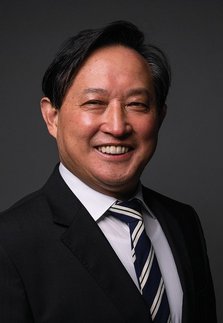
Deep Geothermal Systems
Prof. Dr.-Ing. habil. Michael Z. Hou
Phone: +49 5321 3816 8090
Fax: +49 5321 3816 8196
E-mail: ma.geotherm@tu-clausthal.de
Energie-Forschungszentrum Niedersachsen
Am Stollen 19A
38640 Goslar
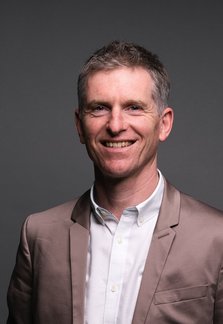
Prof. Dr. Leonhard Ganzer
Phone: +49 5323 72 3910
Fax: +49 5323 72 3146
E-mail: leonhard.ganzer@tu-clausthal.de
Institute of Subsurface Energy Systems
Agricolastraße 10
38678 Clausthal-Zellerfeld
Overview
Type of program: Master
Duration: 4 Semester
Language of instruction: English
Degree: Master of Science (M.Sc.)
Start date: Admission only in winter semester.
Accreditation: Urkunde ASIIN, EUR-ACE-Master
Beginning of studies
Welcome Weeks (before lectures begin)
TU Clausthal supports students as they start their studies with various event formats.
Pre-course in mathematics (before the start of lectures)
The Institute of Mathematics offers a pre-course in mathematics for Bachelor's degree programmes (in German). Master's students who would like to refresh their mathematics knowledge are also welcome to attend this course.
FAQ
Answers to frequently asked questions on the website of the Institute of Subsurface Energy Systems.
Prerequisites for the master’s program
The master’s program in petroleum engineering builds consecutively on the bachelor’s degree in energy and mineral resources (with a focus on petroleum engineering). The prerequisites for this program can also be fulfilled by a bachelor’s degree with a specialization in petroleum engineering from an accredited university (of applied sciences) or an equivalent qualification, in conjunction with good English skills. If the equivalence of the qualification is unclear, conditional admission may be possible.
Documents
Model study plan
Modul study plan both fields of study
Exam Regulations
General Exam Regulations _ English
Executive Regulations (2022) valid from WS 22/23_English
Admission Regulation
Studiengangsspezifische Zulassungsvoraussetzungen _German
Specific admission regulation for Petroleum Engineering _English
General admission requirements _English
Compulsory Optional Subjects
Compulsory Optional Subjects WS 25/26 and SoSe 26_update 10.06.2025
Modul Manual
Modul Manual

